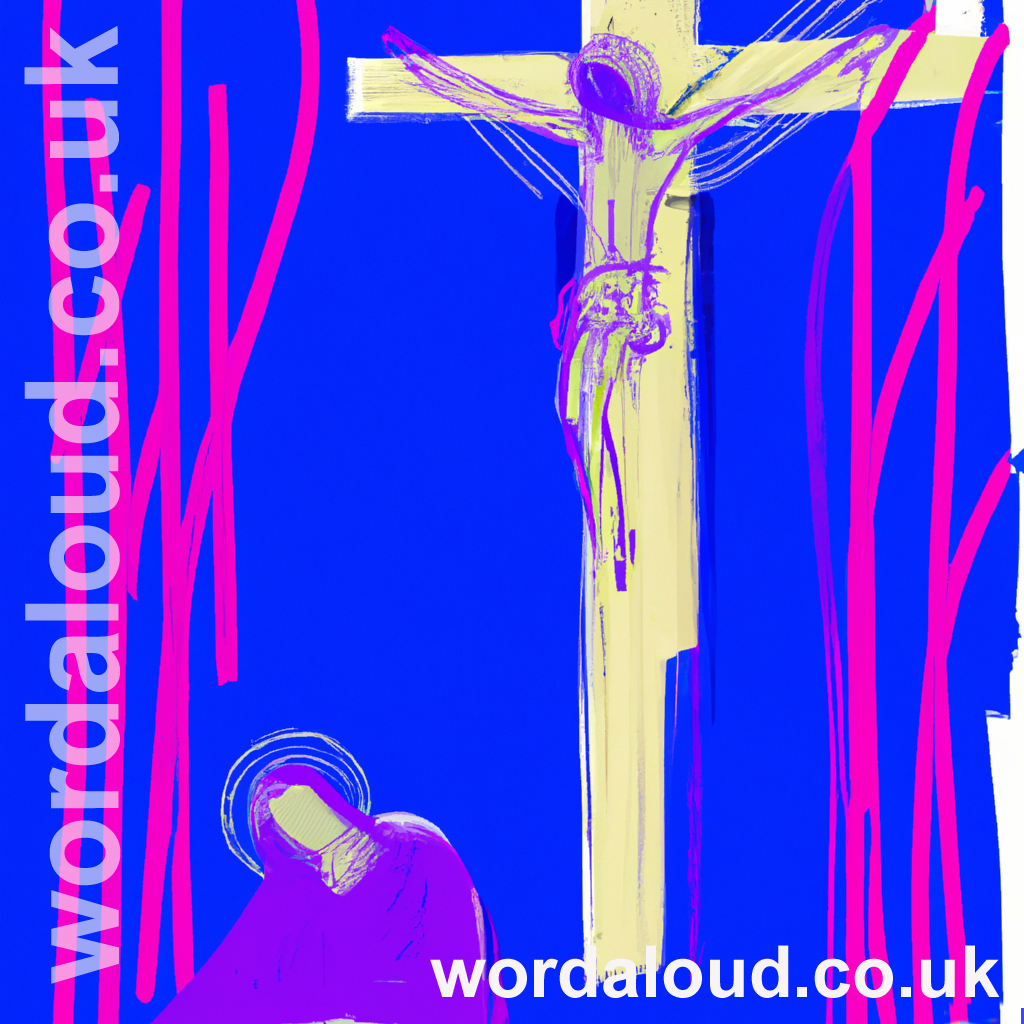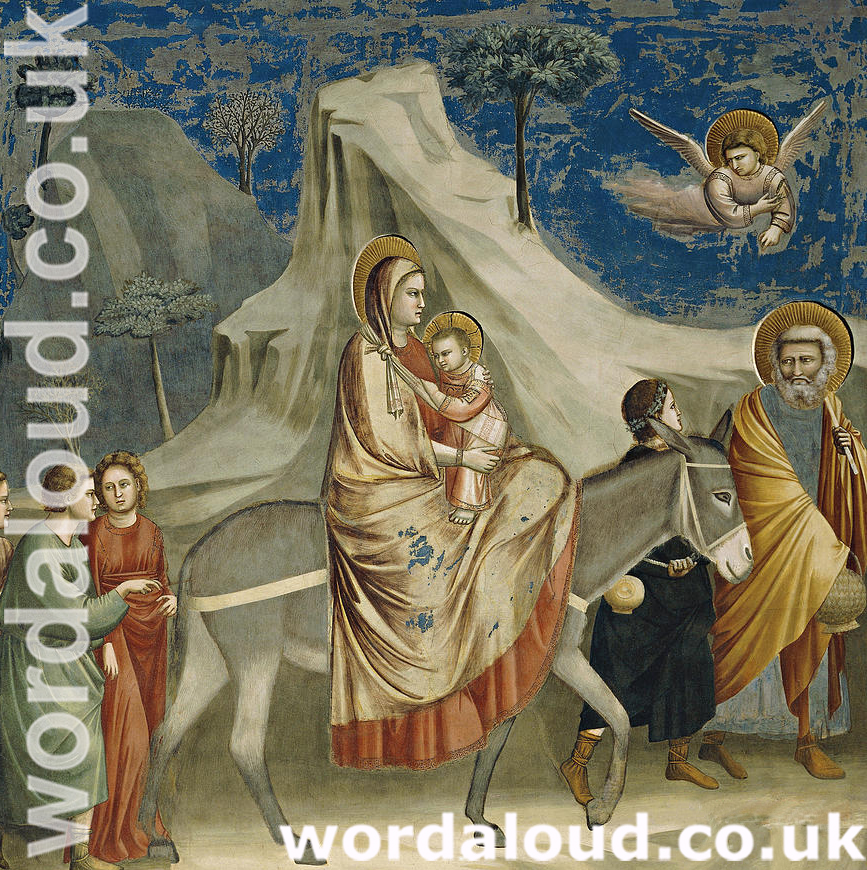Christian Art | King James Audio Bible KJV | Parables Of Jesus | Advent
Matthew 18: 12-14 | Advent Tuesday Week 2 | King James Audio Bible | KJV | Daily Bible Verses Advent
12 How think ye? if a man have an hundred sheep, and one of them be gone astray, doth he not leave the ninety and nine, and goeth into the mountains, and seeketh that which is gone astray?
13 And if so be that he find it, verily I say unto you, he rejoiceth more of that sheep, than of the ninety and nine which went not astray.
14 Even so it is not the will of your Father which is in heaven, that one of these little ones should perish.
In these verses of the Bible, Christ expresses the love of God for all people. Christ’s is not an exclusive calling, nor especially a calling to those who most clearly, visibly, seem to adhere to the requirements of the Old Law; he has come to bring home to God those who have wandered, sinners who have fallen far from the Law. When a sinner comes home to God, there is incredible rejoicing in heaven. So we, though we may sin, should never be afraid to return to the Church, to say sorry, confess our sins, and find forgiveness.
The little ones in these verses are children. Asked who is greatest in the kingdom of heaven, Christ has called a child to come to him, so that he may the more forcibly tell us that we must become like children to enter into the kingdom of heaven. Children reflect the innocence, purity, simplicity and tenderness of our Lord, and these are virtues we are called to imitate.
Furthermore, we are asked to pay special attention to protecting the children, the little ones, and those most vulnerable in our society. None must be allowed to perish through the moral corruption present in our society. Each is precious.
‘Unfortunately we witness the moral pollution which is devastating humanity, disregarding especially those very little ones about whom Jesus speaks. What must we do? We must imitate the Good Shepherd and give ourselves without rest for the salvation of souls. Without forgetting material charity and social justice, we must be convinced that the most sublime charity is spiritual charity, that is, the commitment for the salvation of souls. All souls are saved with prayer and sacrifice. This is the mission of the Church.’ Pope John Paul II
Concluding Prayer | Love Revealed By Jesus Christ
Lord God,
all the ends of the earth have seen your salvation.
Give us the grace to await with joy
the glorious day of our Saviour’s birth.
We make our prayer through our Lord

![]()
King James Audio Bible | Endnotes
Children In Christian Faith And Jesus Of Nazareth | Pope Francis
Children face challenges that have a lasting impact on their lives. Challenges include moral decay, loss of family values, and increasing violence and insecurity.
The Bible speaks directly, reminding us that ‘sin is a reproach to any people’ (Proverbs 14:34) and that ‘people will seek teachers who will feed their own desires instead of enduring sound doctrine’ (2 Timothy 4:3-4).
Pope Francis has addressed this challenge, noting that ‘we are living in a culture of relativism that denies absolute truth’ and that this culture ‘errs in teaching that each person has his or her own truth’.
A challenge facing children is loss of family values – therefore breakdown in social fabric of communities. The Bible instructs us to ‘honor one’s parents’ (Exodus 20:12) and to ‘raise children in the nurture and admonition of the Lord’ (Ephesians 6:4).
Pope Francis has emphasized importance of family values, stating that ‘the family is the foundation of coexistence and a remedy against social fragmentation’. Pope Francis adds that ‘children have the right to grow up in a family with a father and a mother who can create a suitable environment for their development and emotional maturity’.
Children face violence and insecurity. The Bible teaches us to be ‘peacemakers’ (Matthew 5:9) and to ‘live peaceably with all people as far as possible’ (Romans 12:18). Pope Francis has spoken out against violence and insecurity, reminding us that ‘we are called to promote peace and to reject a mentality of hostility, hate, and enmity’.








